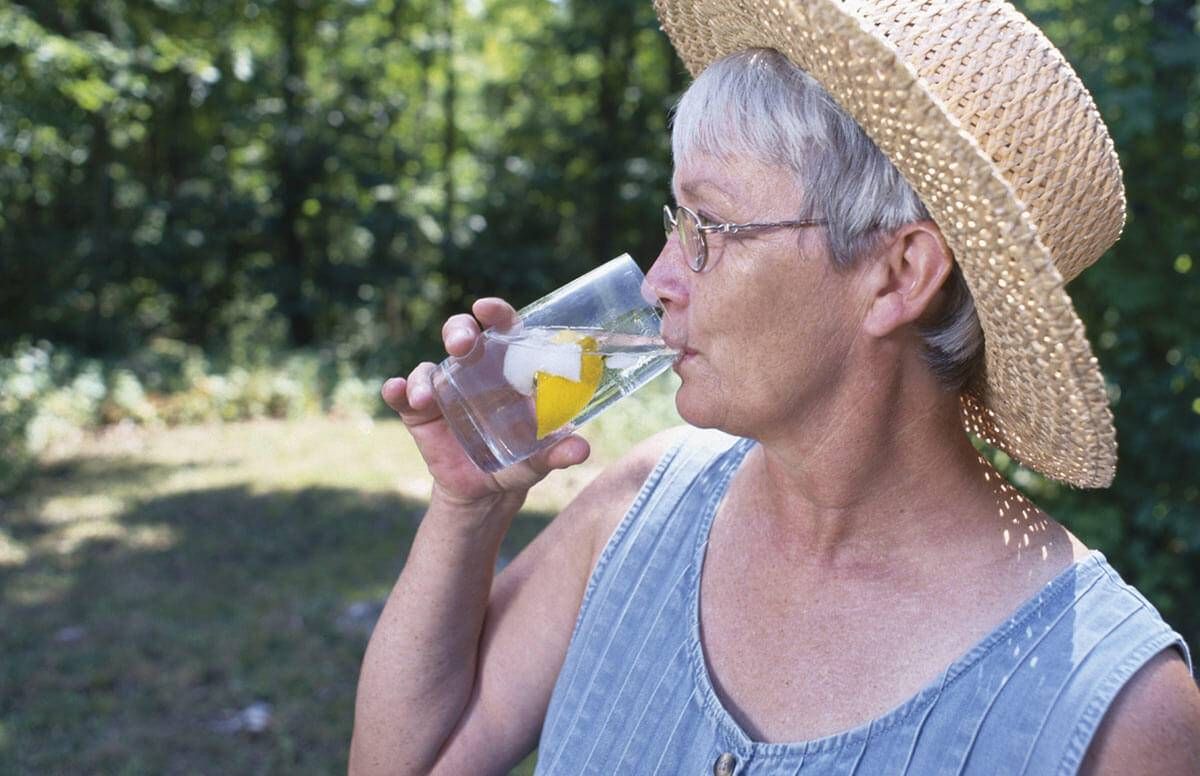Helping Others Stay Safe in the Heat
Make sure you know the signs of life-threatening heat stroke
If you've ever lived in a hot place without air conditioning, you know how miserable it can be. But getting overheated is more than just unpleasant. For older people, it can be dangerous, and even deadly.

That's why it is important to be aware of the risks of hyperthermia, or overheating of the body, especially if you care for a parent or have older neighbors. Hyperthermia includes heat fatigue, heat syncope (sudden dizziness or fainting), heat cramps, heat exhaustion and — the most serious — heat stroke.
Older adults are particularly vulnerable to heat because the central nervous system begins to deteriorate as we age.
High humidity can exacerbate the problem.
Dr. Leslie Kernisan, a geriatrician and caregiver educator in San Francisco, said that heat stroke in older adults may appear with vague or non-specific symptoms such as fatigue, dizziness, or delirium.
"This can make it hard to detect, or to tell apart from other complaints the senior may have voiced in the past," she said.
Heat Stroke Signs and Symptoms
Cognitive impairment may lead an older person to forget to turn on the air conditioning. And some try to avoid drinking too much liquid if they struggle with urinary incontinence, Kernisan said.
The signs and symptoms of heat stroke include the following, according to the National Institutes of Health:
- An increase in body temperature, generally to over 104 degrees
- Confusion or combativeness
- A rapid, strong pulse
- Dry, flushed skin
- Feeling faint
- Staggering
- Coma
Call 911 if someone you know is showing these signs; they require immediate medical attention. While waiting for help, immerse the person in a tub or stream of cool water, cover with a wet sheet and give water — not sugary or alcoholic beverages — to drink.
Why the Higher Risk?
The central nervous system regulates our bodies' response to hot and cold. Older adults are particularly vulnerable to heat because the central nervous system begins to deteriorate as we age, according to the Mayo Clinic. And those with other health factors also have a higher risk of heat-related conditions. These include:
- High blood pressure or other conditions that require diet changes, such as salt restrictions
- Heart, lung and kidney diseases
- Any illness that causes weakness or fever
- Use of multiple medications
- Reduced sweating caused by medications
- Poor circulation
- Overweight or underweight
- Alcohol use
Be Careful While Taking These Medicines
Particular medications that may interfere with the body's ability to respond to hot weather include vasoconstrictors (like decongestants), beta blockers for high blood pressure, diuretics, antidepressants and antipsychotics.
How to Stay Cool
If a heat wave hits your area and you or an older loved one do not have an air-conditioned home, find a cooler place. Go to a movie theater, library, mall or senior center. Cities experiencing extreme heat may open up additional centers for people to get relief. Religious groups may also have places you can go.


